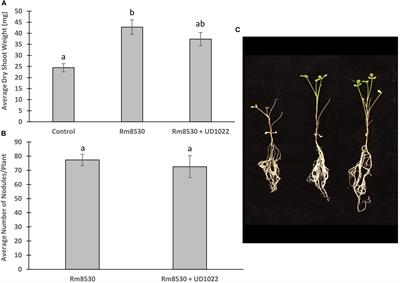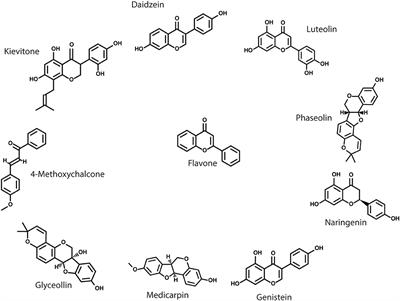EDITORIAL
Published on 07 Dec 2021
Editorial: Multilateral Interactions in the Rhizosphere
doi 10.3389/fmicb.2021.798728
- 876 views
- 2 citations
32k
Total downloads
149k
Total views and downloads
EDITORIAL
Published on 07 Dec 2021
REVIEW
Published on 26 Mar 2021

ORIGINAL RESEARCH
Published on 15 Jan 2021

REVIEW
Published on 21 Dec 2020

REVIEW
Published on 27 Nov 2020

REVIEW
Published on 09 Oct 2020

ORIGINAL RESEARCH
Published on 25 Sep 2020

ORIGINAL RESEARCH
Published on 16 Jul 2020

ORIGINAL RESEARCH
Published on 10 Jul 2020

MINI REVIEW
Published on 23 Jun 2020

ORIGINAL RESEARCH
Published on 05 May 2020

ORIGINAL RESEARCH
Published on 15 Jan 2020

